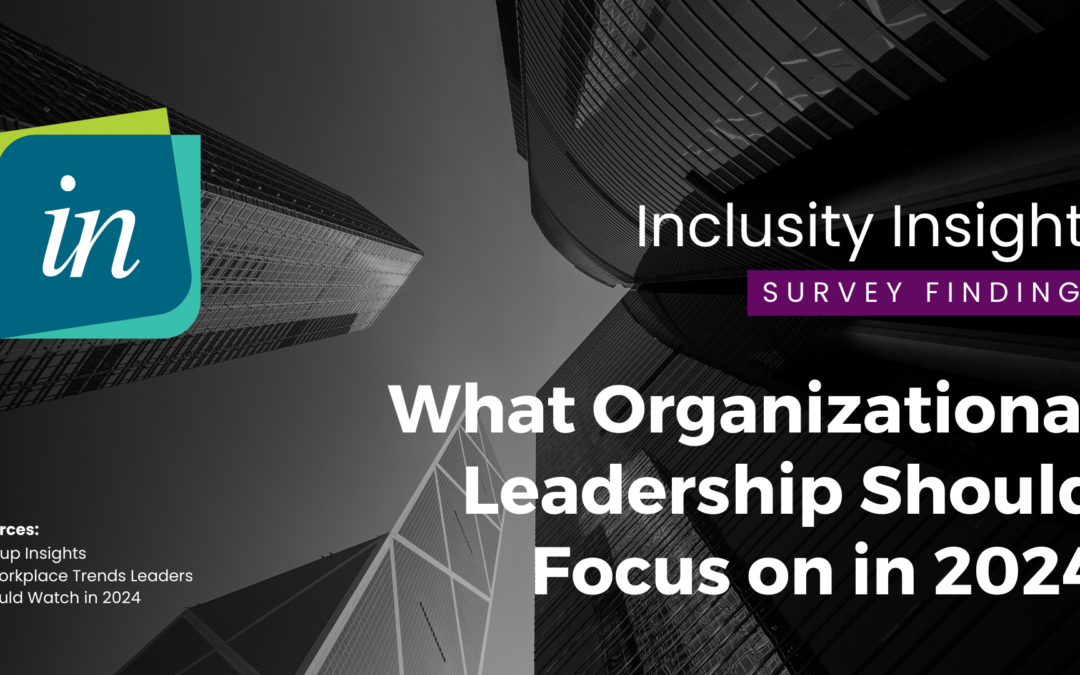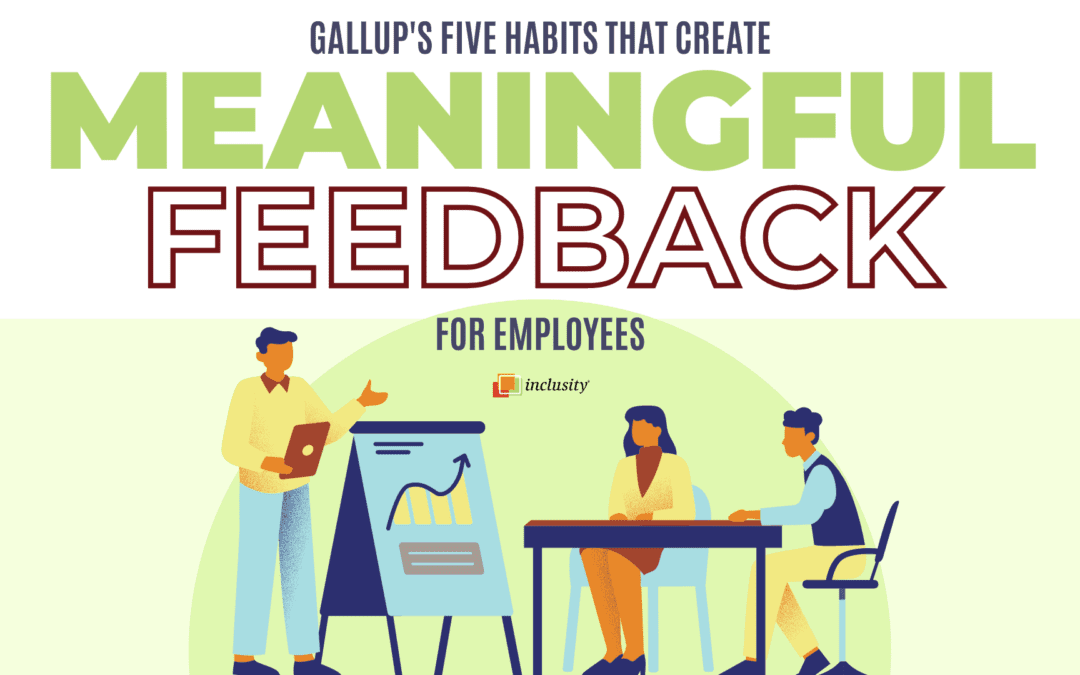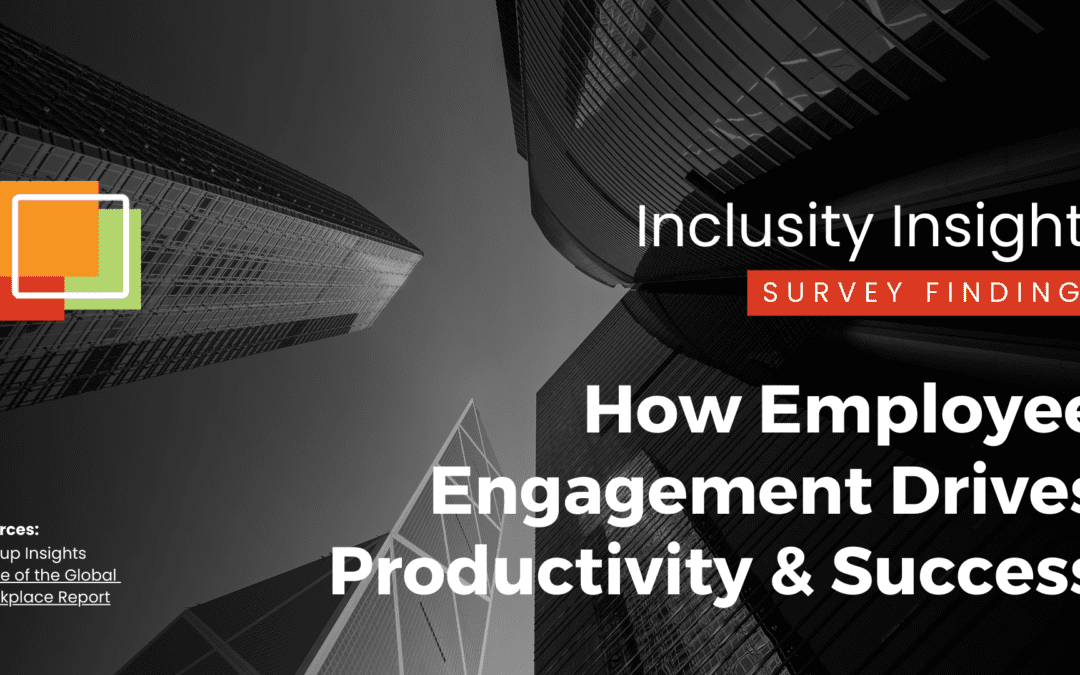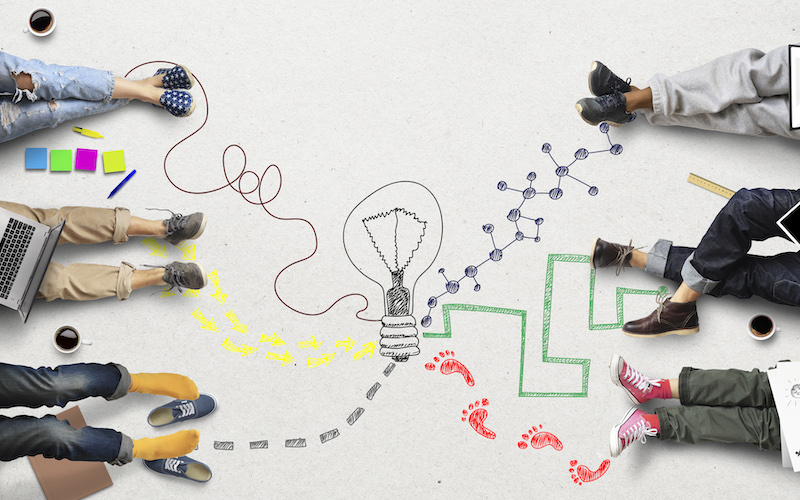What is Intersectionality? Intersectionality is a term coined by legal scholar Kimberlé Crenshaw to describe how different aspects of a person's identity, such as race, gender, sexuality, and more, interact with each other to create unique experiences of oppression...
privilege
From Adversity to Achievement: An Introduction
Intersectionality and the Value of all People’s Experiences
Thoughts To Begin 2015!
Thoughts To Begin 2015!
Jan 5, 2015 | Diversity and Inclusion, From Adversity to Achievement
Our hearts go out to everyone who has lost family members and loved ones in the Ferguson and NYC tragedies. While we do not believe that it is our place to weigh in on the court’s decision about the shooting and choking incidents themselves, we do want to comment on...
No Results Found
The page you requested could not be found. Try refining your search, or use the navigation above to locate the post.
Privilege refers to the advantages and benefits that certain individuals have based on their race, gender, socio-economic status, and other factors. Inclusion, on the other hand, refers to creating a work environment where all employees feel respected and valued, regardless of their differences. It’s important for employers to recognize and address privilege in the workplace, as it can lead to discrimination and exclusion of certain groups. In order to create a more inclusive workplace, employers should provide training on diversity and inclusion, create policies that promote equality, and actively seek out diverse perspectives and voices in hiring and decision-making processes. By doing so, companies can create a more productive and positive work environment for all employees.

Inclusive Leadership Can Address Dips in Employee Engagement
Inclusive Leadership, Diversity and Inclusion
At Inclusity, we closely follow workplace trends regarding employee engagement. It’s more than just curiosity; it’s part of our mission to help...

What Organizational Leadership Should Focus on in 2024
Diversity and Inclusion, Inclusive Leadership
The turn of the calendar year often prompts organizations to pause and reflect; it’s an opportunity to assess the previous year and make conscious...

5 Easy Ways to Increase Employee Engagement with Meaningful Conversation
Inclusive Leadership | employee engagement, infographic, tips and tricks
Are you Struggling to Keep your Employees engaged? You're not alone. According to a Gallup survey, only 36% of U.S. employees are engaged at work....

The Importance of Employee Engagement
Inclusive Leadership | employee engagement
The importance of inclusive and engaged leadership at the highest levels is very closely tied to the engagement of their employees. Employee...

A Culture of Inclusion Starts at the Top
Inclusive Leadership | inclusive leadership training, tips and tricks
Building a culture of inclusion begins when leadership is on board. Their commitment is essential to sustaining a positive culture in the long...

Age Is More Than a Number: Embracing Generational Diversity
Inclusive Leadership | generational diversity
For the first time in history, there are five generations of employees in the workforce. From seasoned Traditionalists with years of experience to...

The Enneagram: How this Personality Assessment Can Cultivate Inclusion
Inclusive Leadership | assessments
The business case for diversity in the workplace is a strong one. We tend to think of diversity in terms of the primary dimensions of diversity –...

White Men as Inclusion, Diversity, & Equity (IDE) Partners
Inclusive Leadership | diversity, gender equality, inclusive leadership training, tips and tricks
In this blog, we hear from Patrick Hughes, a facilitator with Inclusity. He openly shares his perspective as a white male in the IDE space; he fits...

5 Things to Consider When Evaluating A Company’s Culture for IDE
Diversity and Inclusion, Inclusive Leadership | assessments, dei training, tips and tricks
So, your organization has decided to make inclusion, diversity, and equity (IDE) a priority. We know IDE culture change is a complex process, and...

How to Leverage Trust In Leadership to Strengthen Inclusion
Inclusive Leadership | employee engagement, tips and tricks, trust based leadership
Why is Trust in Leadership important? Diversity and inclusion have been more of a focus the last few years, but an organizational commitment to...
assessments dei training diversity emotional intelligence employee engagement employee resource groups gender equality gender studies generational diversity inclusion inclusive leadership training infographic intersectionality lgbt management management style Maria White privilege productivity tips and tricks transgender trust based leadership

